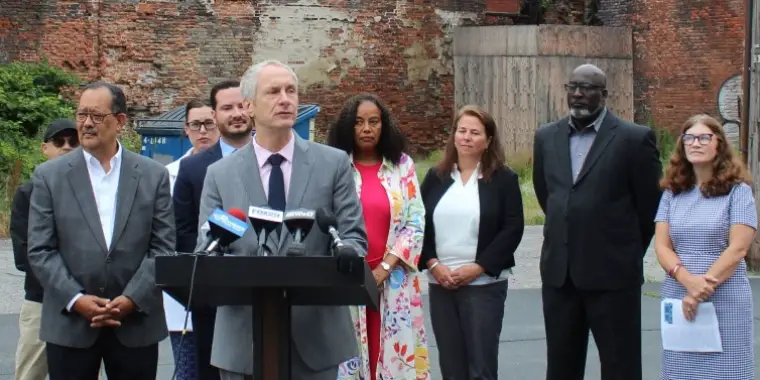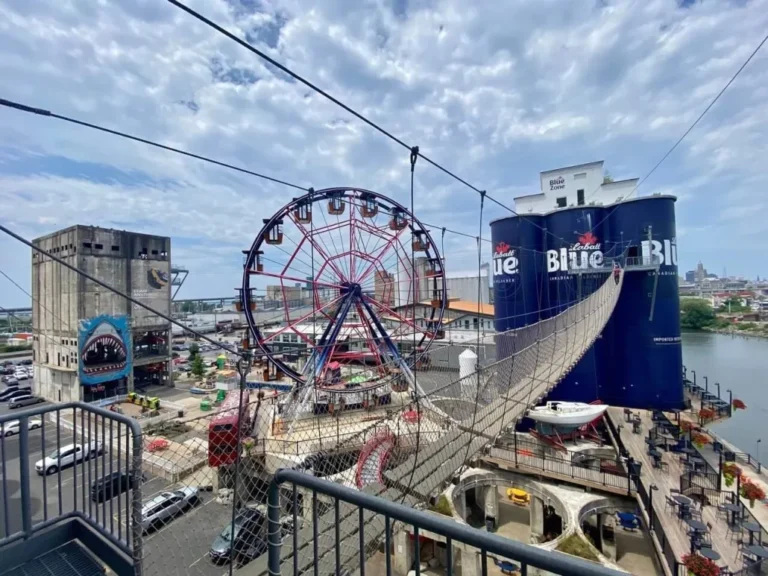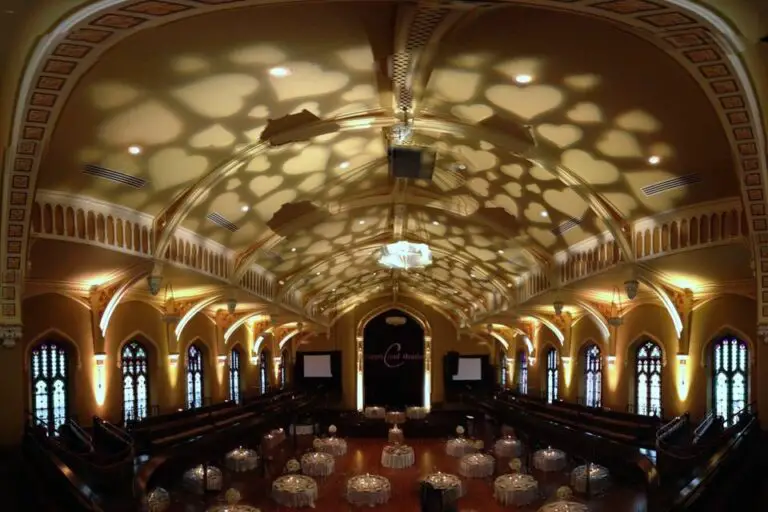At the start of August 2024, Buffalo announced the enforcement of an “Amusement fee” on all ticketed events. This announcement was met with immediate backlash from venue owners, local politicians, and musicians across the city. Now, the city has placed a pause on fee collections, seeking other methods of raising revenue. This whole saga still raises some questions: Why did Buffalo implement such an unpopular policy and what is the best way forward?

The first question is: Why did Buffalo decide to enforce this unpopular amusement fee? The simple answer is that the city is in desperate need of money. Buffalo currently has a $40 million budget gap that it needs to fill. The city’s current budget adopted on July 1st, depends heavily on a 4.2 percent hike in property taxes and an increase in garbage collection fees. An additional $32 million in federal pandemic relief money, and nearly $15 million from the city’s reserves supplement these taxes. Past attempts to raise revenue, like a 9% tax hike in 2023, have all failed to fix this issue. Despite attempts to raise money, the city’s Control Board still identified over $131 million in potential shortfalls within the next four years. Due to this, Buffalo has attempted to raise money anywhere possible.
The city decided that the best way to tackle these fiscal issues was to enforce an archaic law. The law was the obscure Chapter §75-1. Amusements Classifications of City code, also known as the “Amusement fee.” The law allows the city to charge fees for amusement licenses on all ticketed events. This not only includes music, but also “lectures, exhibitions, theater, sports, comedy…and other shows that charge a fee for entry.” In correspondence to venue owners, the city included a schedule of fees based on show size. For example, an event with tickets below $25 would have an additional $55 fee. Larger events, with tickets over $100, would likewise have higher fees, upwards of $350.
Critics of the law have pointed out its outdated nature. As Assemblymember Jon D. Rivera and Senator Sean Ryan noticed the law includes language referring to “minstrel shows,” and “kinetoscope” exhibitions. As this language implies, the city has not enforced the law in living memory. Many venue owners felt blindsided by its enforcement, never having to pay the amusement fee previously.

While the city has only newly enforced this law, increased event fees are not uncommon in the city. In 2019, the city proposed a surcharge on all events held at city-owned venues. This proposal would have taxed tickets on a sliding scale, ranging from $.50 to $3.50.
Following the enforcement of the amusement fee, musicians and venue owners immediately fired back. Many pointed out that this new fee would cost venues tens of thousands of dollars each year. Not only would these fees put venues at financial risk, but they would waste owners’ time. As Babeville’s operator Scott Fisher pointed out “The burden [is] not only the money, but the time that our staff would have to spend making sure we’re compliant.” If venues fail to comply with event licensing, they could face fines from the city.
Musicians have likewise pointed out the harm on music fans. Buffalo-based musician Dave Thurman speaking to WIVB said “We are talking about asking somebody to pay a $30 ticket instead of a $20 ticket.” These amusement fees threaten to put Buffalo’s music scene at risk, dissuading people from attending concerts due to the elevated prices. As Thurman continues, he noted how this also hurts local business, “Well, that’s probably going to cut into the bar owners’ receipts at the end of the night too, because that person isn’t going to spend that much more.”
Some have also criticized the law as misguided. Riverworks CEO Bill Casale said that money is better off “being reinvested into our facilities and investing into our communities, into our staff and our people.” Instead the city is using “taxes that they want to summon us with that we are unaware of with no notice.” The financial data backs up these points. In 2023, only .01% of the city budget came from event fees. Additionally, in the past 15 years, the city has raised less than $27,000 annually from these fees.

Alongside musicians’ criticisms have been those from Buffalo’s elected officials. At the forefront of the anti-amusement fee push are Assemblyman Jonathan D. Rivera and State Senator Sean Ryan. Ryan has stated that the city’s budget shortall “isn’t a problem that can be solved with quick fixes, and Buffalo can’t afford to keep kicking this can down the road.” He additionally points out that “Reviving an obscure amusement fee to plug budget gaps is the same type of short-term thinking that got the City into this mess in the first place.” Ryan believes that fees like this distract city officials from dealing with serious problems. “Buffalo’s leaders need to permanently scrap this fee and stop trying to put this burden on the backs of small business owners when they should be working on solving the root issues that got us here.”
Assemblyman Rivera likewise pointed out the fee’s threat towards Buffalo’s unique character. Rivera stated that Buffalo needs to “Find a suitable way to improve the City’s finances without sacrificing the vibrant cultural and economic landscape that makes Buffalo unique.” This sentiment was echoed by Scott Fisher of Buffalo’s Asbury Hall. At a local press conference, he said “I have an idea of how to help Buffalo – find a way to raise the city’s population from 280,000 to 380,000 people by making it a friendlier place to live and enjoy the culture, instead of simply nickel-and-diming that culture toward the brink of extinction.”

The response to the amusement fee goes past criticism, with some local politicians seeking solutions. Buffalo Common Councilman Joe Golombek told Buffalo Rising that he “look[s] forward to working with [his] colleagues in the Common Council and the City administration to find a solution that is both equitable and consistent.”
As a result of the backlash against the amusement fee, actions have already been taken to solve the issue. As of August 7th, the city of Buffalo has placed a temporary pause on amusement fee collections. This move has already gained praise from local venue owners. Jason Hall of Sportsmens Black Rock said to ABC7, “I’m very happy that the city came together really quickly to solve what would have been a real problem to businesses like mine.” Additionally, Venu’s Tim Walton added “It shows they are listening to businesses, shows they’re willing to work with small businesses.”
While a pause has been implemented, the fight is not over according to local politicians. Both Rivera and Ryan have called for a permanent termination of amusement fee collections. WNY music journalist Jeff Miers reports “They vowed to fight side by side with our community of music venues to make this cessation permanent.” For now, this fight will have to wait, as the Common Council is on recess for the remainder of August. As Councilman Golombek pointed out “We can’t change anything until September…but we are very open to doing that.”
This saga begs new questions for the future, specifically regarding how the city will deal with its budget shortfalls. As shown by the swift and unanimous backlash against the amusement fee, any new taxes on live events seem unlikely for the near future. As Common Council President Christopher P. Scanlon stated, any future moves would have to “ensure these vital venues and our arts and cultural scene continue to thrive and remain assets to our city and region.”


Comments are closed.